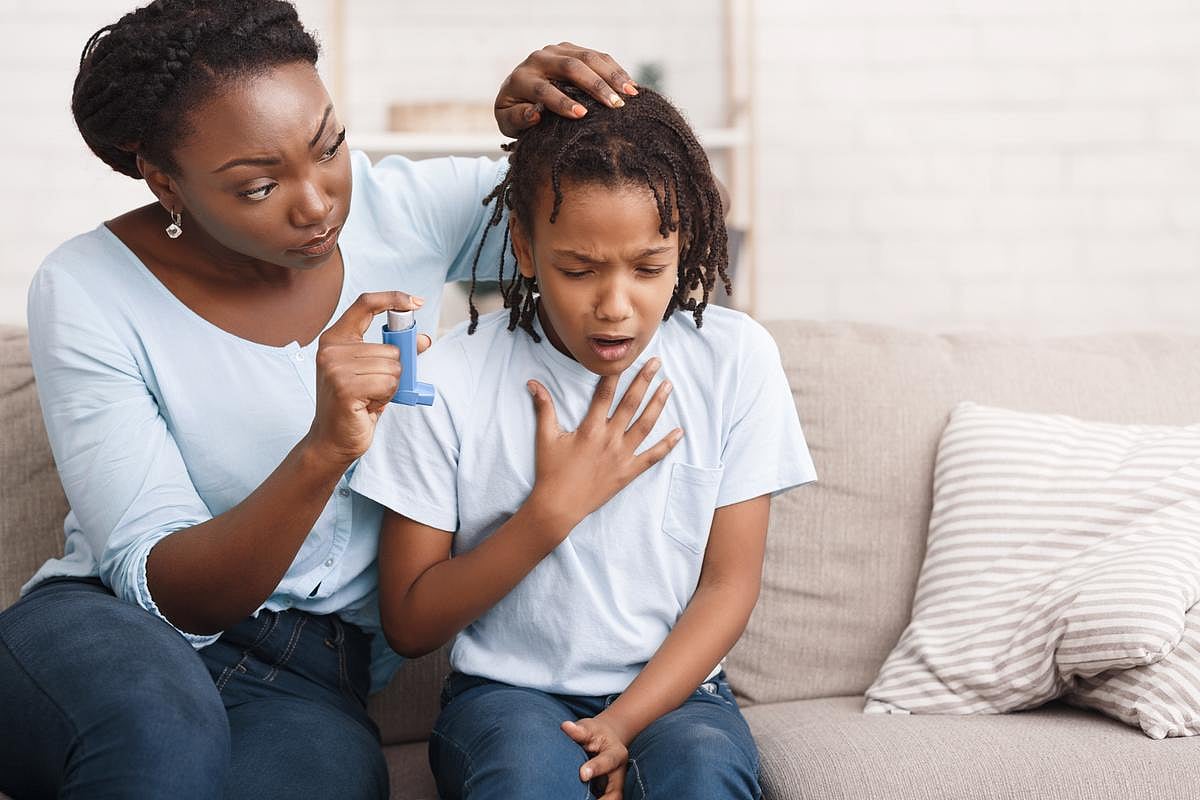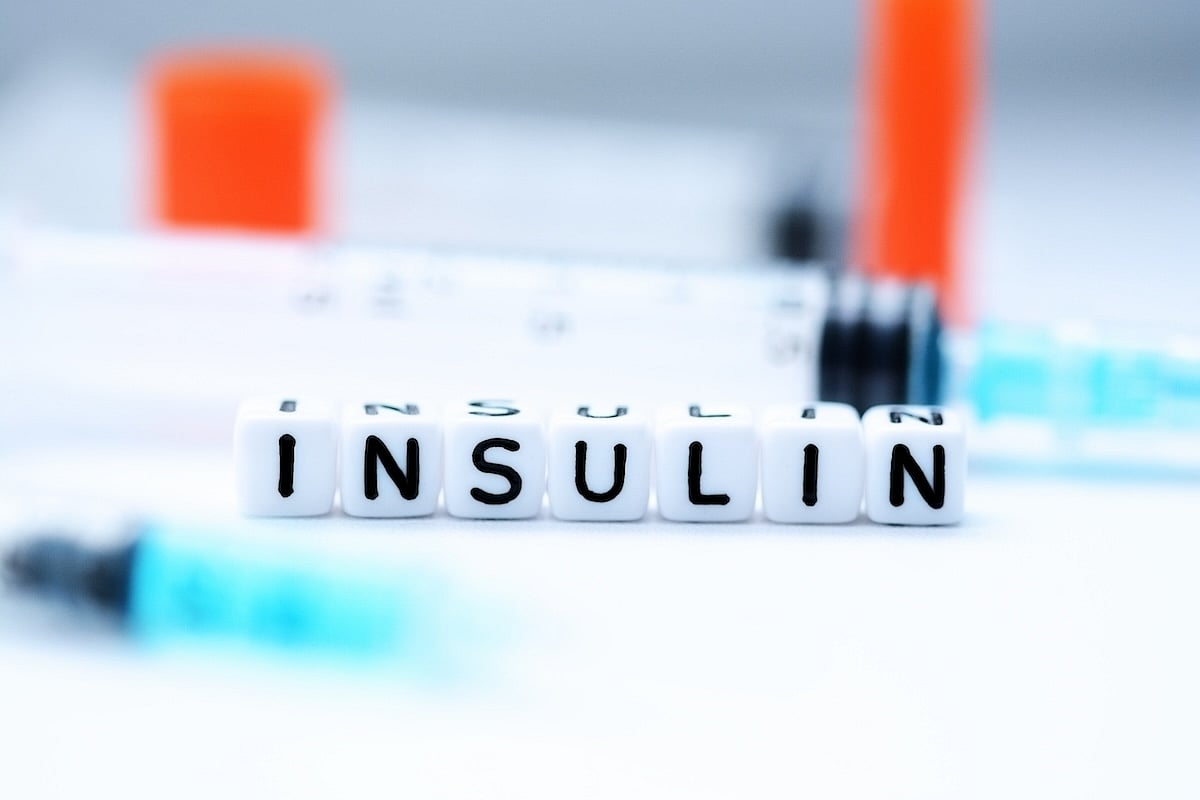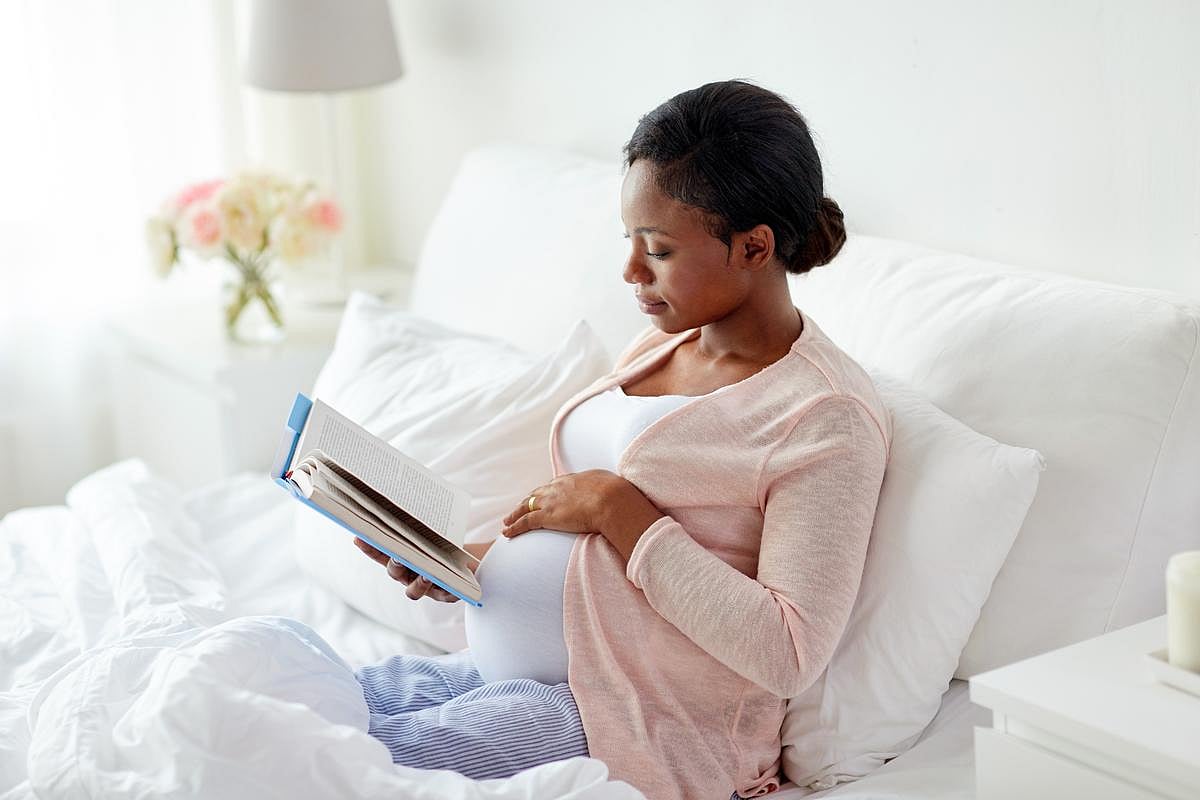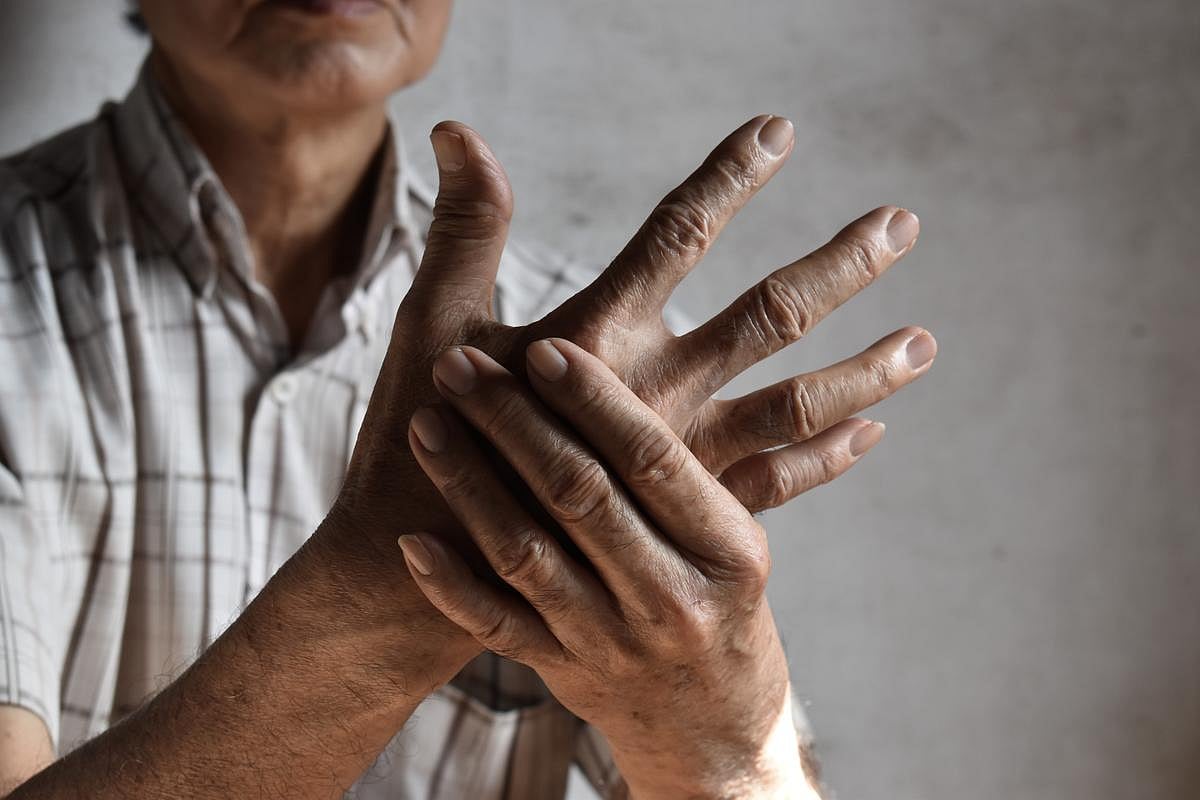
Stroke patients leave the hospital with better prospects if they’re forced to hoof it more during recovery, a new study suggests. Adding a half-hour of progressive walking exercises to standard stroke rehab measurably improves patients’ quality of life and mobility by the time they go home, researchers say. “Although guidelines recommend structured, progressive exercise after… read on > read on >










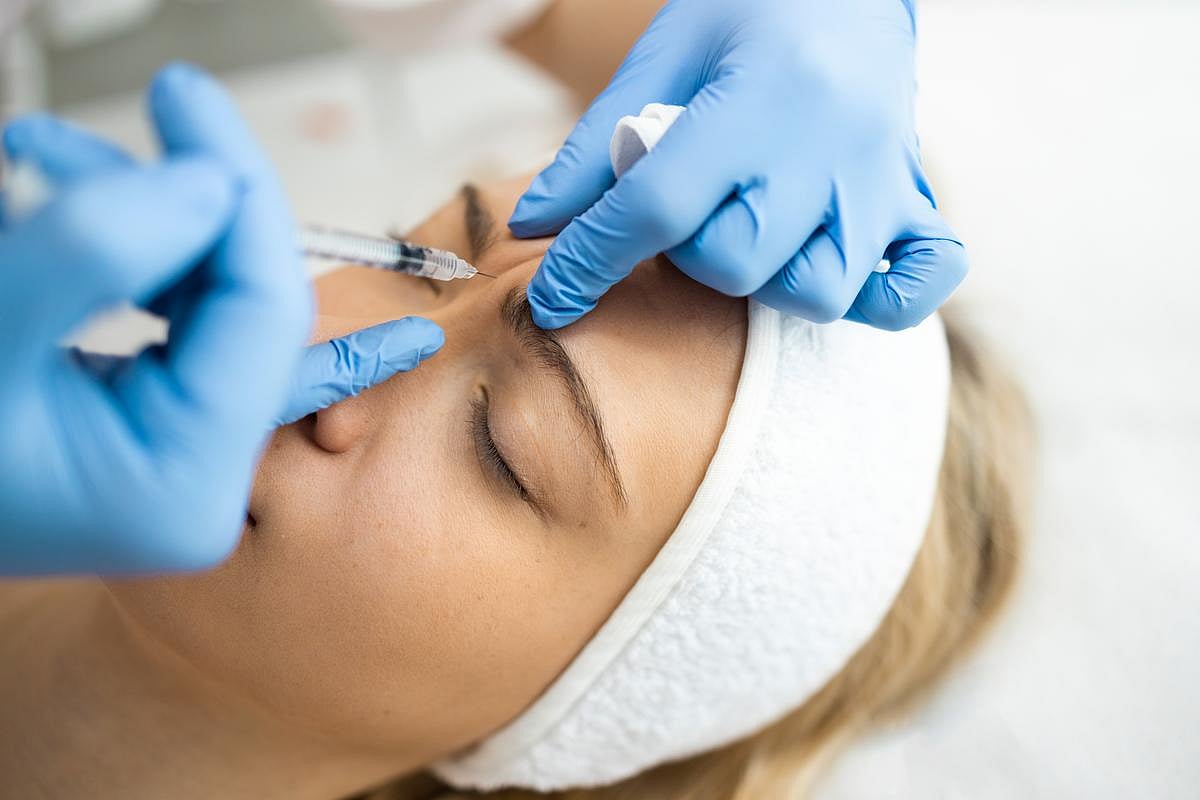
.jpg)
